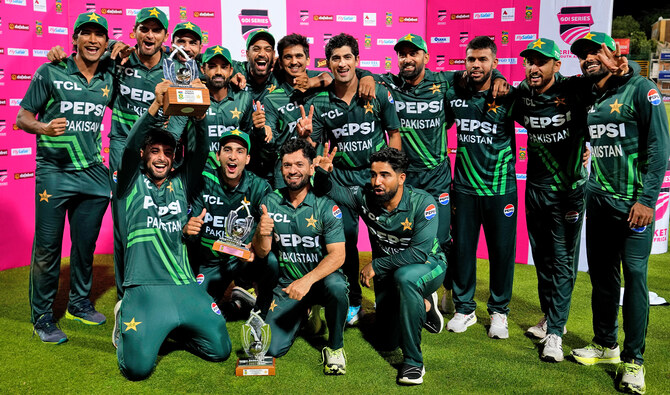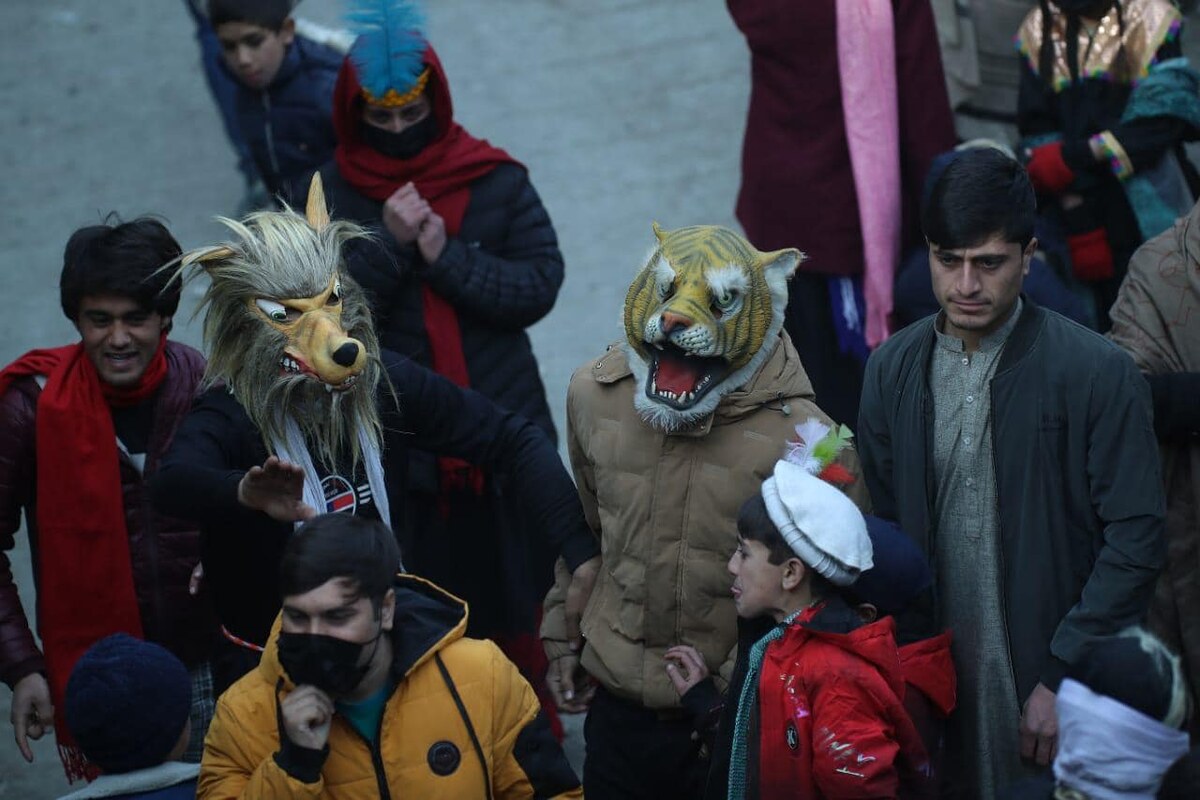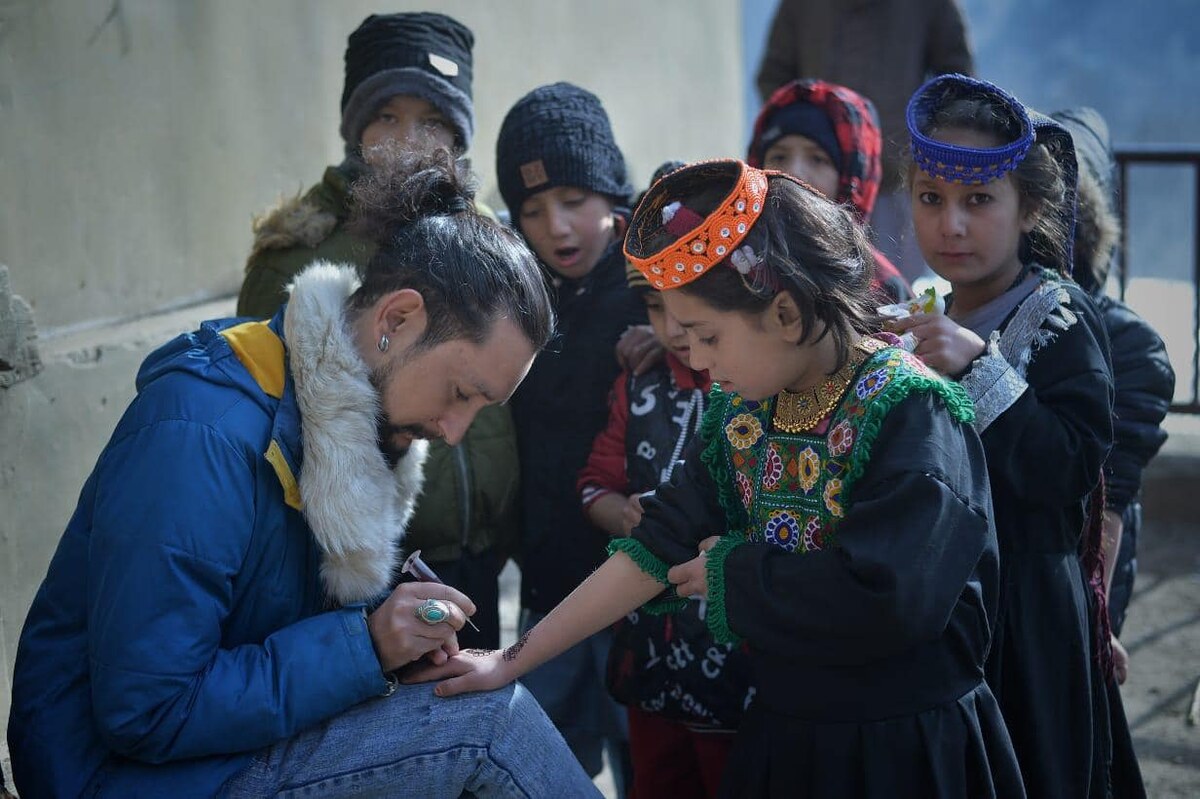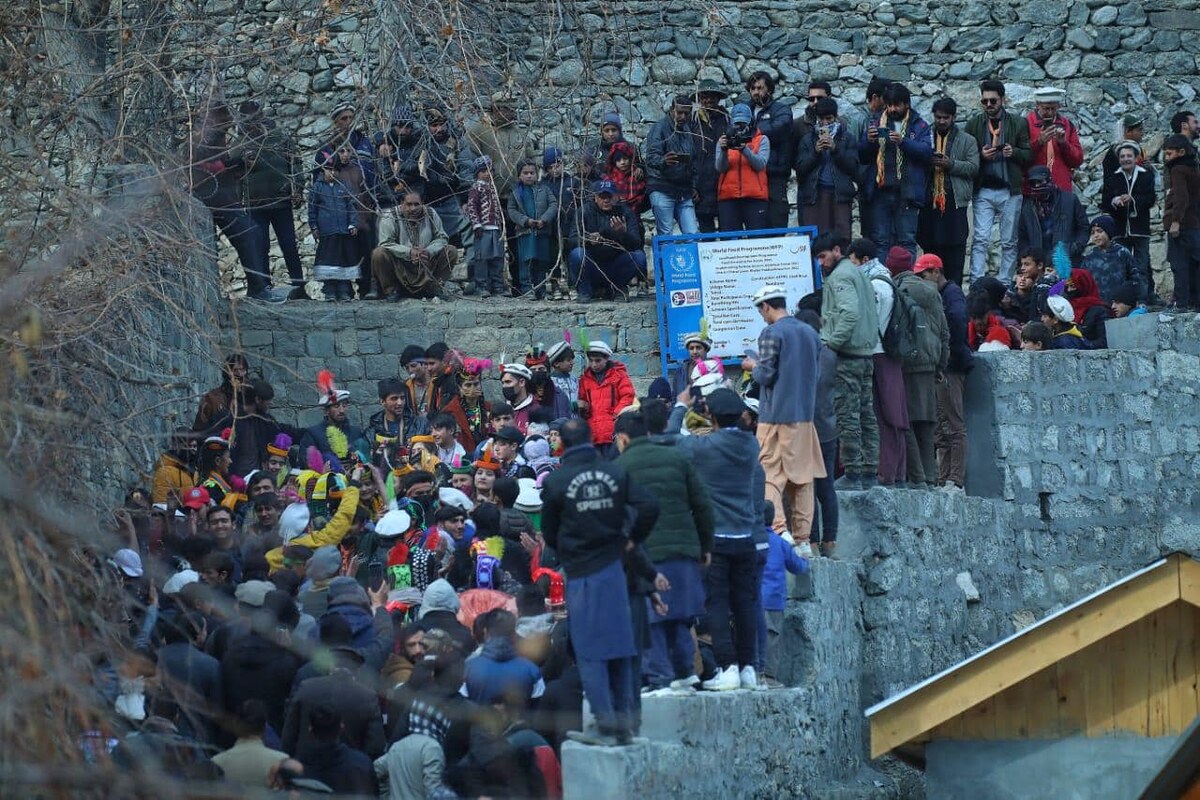KARACHI: Balancing a lightweight fiber boat on her head, 63-year-old Hakima Omar walked to a weathered jetty this week, then set her boat on the water and paddled into the deep sea where, with practiced hands, she threw her net into the water.
This has been a four-decade-long morning routine for Omar, one of a handful of fisherwomen working on Karachi’s coast by the Arabian Sea.
The mother of six became the family’s sole breadwinner when her husband fell seriously ill about three decades ago. Today, in the twilight of her life, it is sheer determination and a love for the sea that propels her to pedal her boat into the sea day in and out and bring back catch to sustain her family.
“I have a love for the river and the sea and my love for it doesn’t end,” Omar told Arab News as she anchored her boat several miles from the Karachi shore.
“They [my kids] tell me to stay home because I’m an old woman, but I’ve been doing this since childhood, so I can’t just stay still, I enjoy it a lot. I catch fish and crabs, and I look forward to it.”
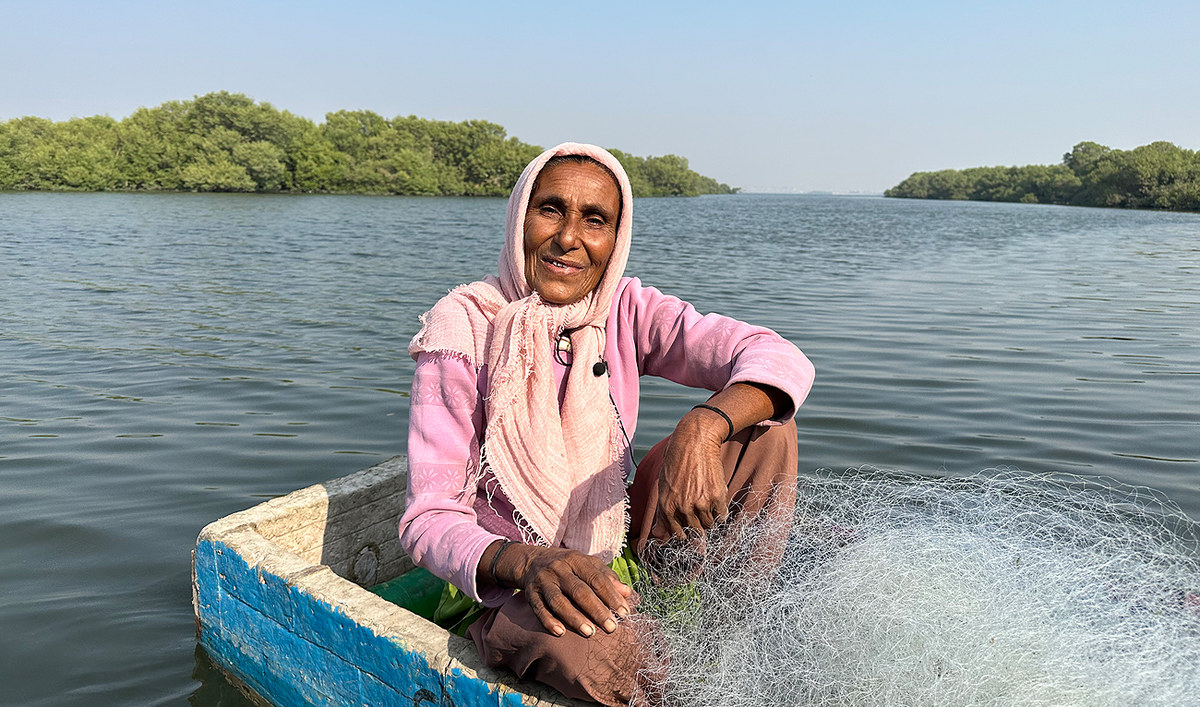
In this picture taken on November 15, 2023, a Pakistani fisherwoman, Hakima Omar, 63, gestures during an interview with Arab News near Rehri Goth coastal village in Karachi. (AN Photo)
Even rain, storms and high tides in the river can’t deter Omar from fishing: “I’d be fishing sitting on the branch of a tree.”
Omar said she sold some of the fish she caught, making profits of up to Rs2,500 ($9) a day, and took the leftover home to her family:
“If I don’t come to the sea and fish, then we only eat plain bread at home … When fish gets expensive, we can’t buy it for eating and selling. If I go and fish myself then I can both eat and sell. I am also in some debt, so I can only pay it off through fishing.”
But fishing used to be much easier in the past, Omar said. Untreated waste and oil spills from Karachi’s two ports have endangered marine life and the livelihoods of Pakistan’s fisherfolk in recent years.
“You’d just be able to catch fish right outside your home in shallow waters [in the past], but now you have to cover miles to fish in deeper waters and work harder because of the pollution and muddy waters,” Omar said.
Passing ships also make the job hard for fisherfolk like Omar who use light boats.

In this picture taken on November 15, 2023, a Pakistani fisherwoman, Hakima Omar, paddles her boat in the waters off Rehri Goth coastal village in Karachi. (AN Photo)
“Whenever a ship passes by, the waves and flow get higher and I have to move to the shore,” she said.
“Whenever I see a ship, I come back to the shore and then go back to deep waters when the ship has passed by, and the waves calm down.”
There were many times when she had fallen off her boat and had to swim back to it, Omar recalled, saying no one had come to her help.
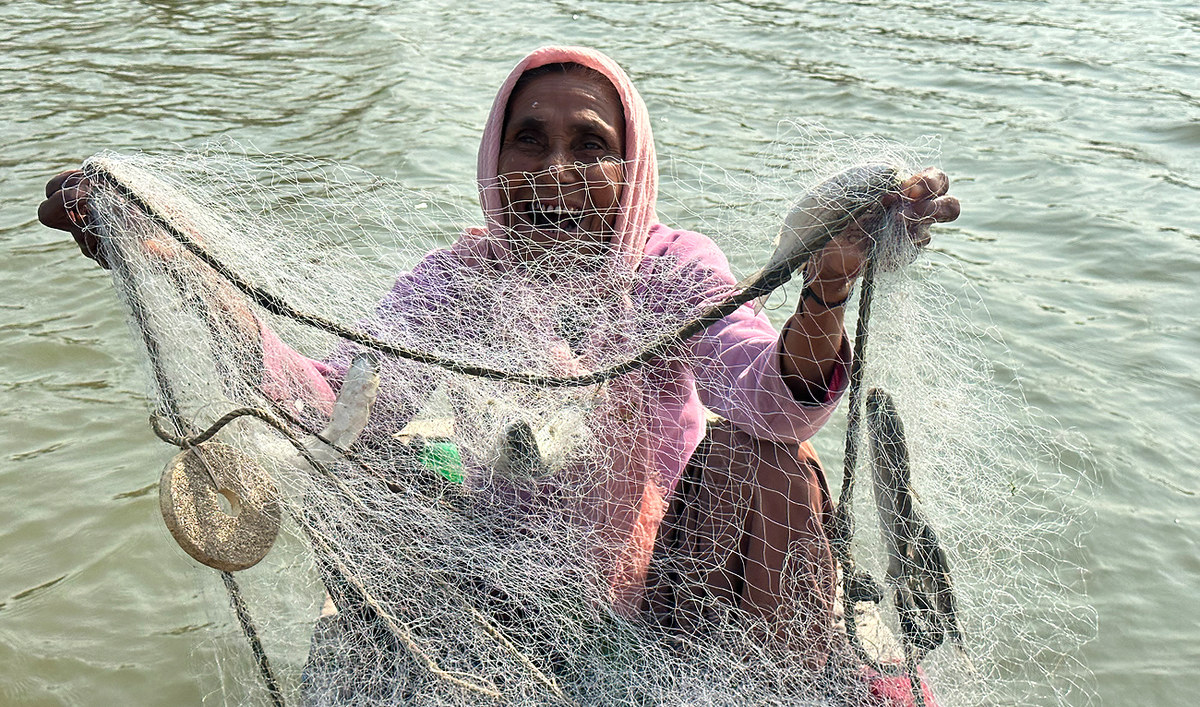
This picture taken on November 15, 2023, shows Pakistani fisherwoman Hakima Omar, 63, displaying a catch in the waters off Rehri Goth coastal village in Karachi. (AN Photo)
“It’s not because of any man that I’ve become capable of doing this … Allah helps and wills. That’s why I’m able to work hard,” she said.
Her husband, Omar Haroon, who has acute kidney disease and stays at home, said he admired his wife’s courage and dedication to family.
“Previously I was the breadwinner and she was the housewife,” Haroon said with a smile. “Now, I am the housewife and she is the breadwinner.”

In this picture taken on November 15, 2023, a Pakistani fisherwoman, Hakima Omar, paddles her boat in the waters off Rehri Goth coastal village in Karachi. (AN Photo)





